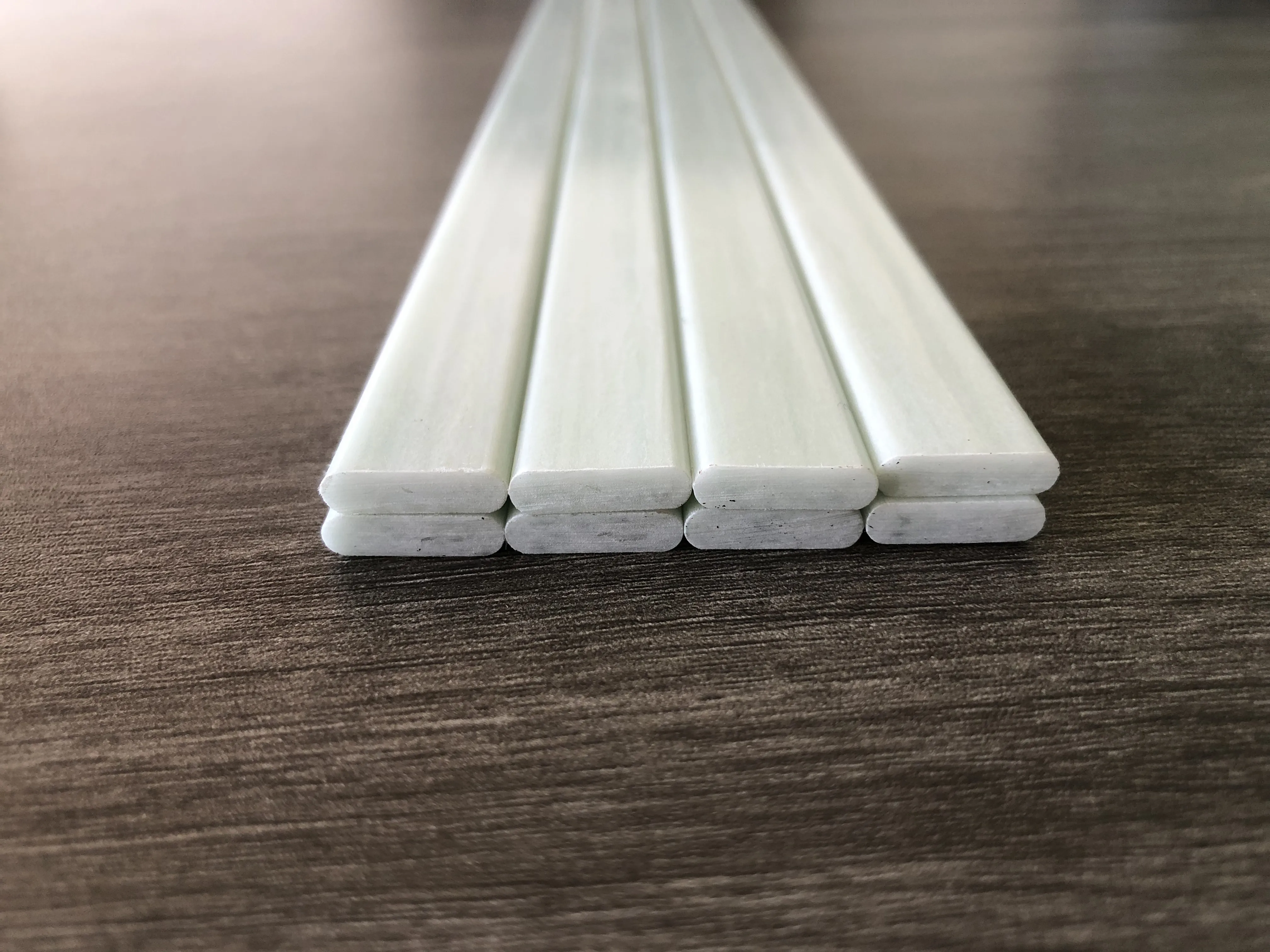loading...
- No. 9, Xingyuan South Street, Dongwaihuan Road, Zaoqiang County, Hengshui, Hebei, China
- admin@zjcomposites.com
- +86 15097380338
- Welcome to visit our website!
Durable and Lightweight Solutions for Storing Water with Fiberglass Containers for Various Uses
The Benefits of Fiberglass Water Containers
Fiberglass water containers have become increasingly popular due to their numerous advantages over traditional materials such as metal and plastic. With advancements in technology and materials science, fiberglass has emerged as a superior choice for water storage solutions. This article explores the features, benefits, and applications of fiberglass water containers, underscoring their significance in various sectors.
Durability and Longevity
One of the most compelling reasons to consider fiberglass water containers is their exceptional durability. Fiberglass is a composite material made from glass fibers and resin, making it resistant to corrosion, rust, and weather-related wear and tear. Unlike metal containers that can corrode or develop leaks over time, fiberglass retains its structural integrity for decades, even when subjected to harsh environmental conditions. This durability ensures that users can rely on these containers for long-term water storage without the constant need for maintenance or replacement.
Lightweight and Easy to Handle
Another advantage of fiberglass water containers is their lightweight nature. Compared to metal or concrete alternatives, fiberglass containers are significantly lighter, making them easier to transport and handle. This feature is particularly beneficial in scenarios where containers need to be moved frequently, such as in emergency response situations, agricultural applications, or outdoor recreational activities. Users can save on labor costs and time associated with moving heavier containers, allowing for more efficient water management.
Insulation Properties
Fiberglass also boasts excellent insulation properties, making it suitable for both hot and cold water storage. The material’s ability to maintain temperature helps prevent water from freezing during winter months and keeps it cool during hot summers. This feature is critical for agricultural practices where temperature regulation can significantly affect livestock health and crop irrigation efficiency. By using fiberglass containers, farmers and agricultural managers can ensure their water supply remains at optimal temperatures for their specific needs.
fiberglass water container

Environmental Resistance
Fiberglass water containers are also highly resistant to environmental factors such as UV radiation and extreme temperatures. While plastics can become brittle or degrade over time when exposed to sunlight, fiberglass maintains its strength and functionality. This resistance makes fiberglass containers an excellent choice for outdoor installations, such as water tanks for irrigation or firefighting reserves. Their ability to withstand the elements ensures that they can fulfill their purpose without compromising the quality of the stored water.
Health and Safety
Safety considerations are paramount when it comes to water storage. Fiberglass materials are non-toxic and do not leach harmful chemicals into the stored water, making them an environmentally friendly option. This factor is especially crucial for drinking water storage, where contamination can pose significant health risks. With fiberglass containers, users can be confident that their water supply remains clean and safe for consumption.
Versatile Applications
The versatility of fiberglass water containers makes them suitable for a wide range of applications. They are commonly used in residential settings for garden irrigation and drinking water storage, as well as in commercial and industrial environments for agricultural use, construction sites, and emergency preparedness. Their robust construction and flexible design allow them to be tailored to various capacities and configurations, further enhancing their usability in diverse contexts.
Conclusion
In summary, fiberglass water containers represent a modern solution to water storage challenges. With their durability, lightweight nature, insulation properties, environmental resistance, and non-toxic characteristics, these containers provide a reliable and safe option for various applications. As the demand for sustainable and efficient water management solutions continues to grow, fiberglass water containers are poised to play a significant role in both residential and commercial settings. Embracing this innovative material can lead to smarter water storage practices that benefit individuals, communities, and the environment alike.
-
GRP Structures: The Future of Lightweight, High-Performance EngineeringNewsJun.20,2025
-
FRP Water Tank: High-Performance Storage for Corrosive and Clean Water SystemsNewsJun.20,2025
-
FRP Square Tube: The New Industry Standard for Chemical and Structural ApplicationsNewsJun.20,2025
-
FRP Pultruded Profiles: The Ultimate Choice for Lightweight Structural StrengthNewsJun.20,2025
-
FRP Handrails: The Safer, Smarter, and Stronger Choice for Modern InfrastructureNewsJun.20,2025
-
FRP Grating: The Smart Solution for Durable, Lightweight Industrial FlooringNewsJun.20,2025
-
Why Choose a Galvanized Water Tank for Your Storage NeedsNewsMay.21,2025
